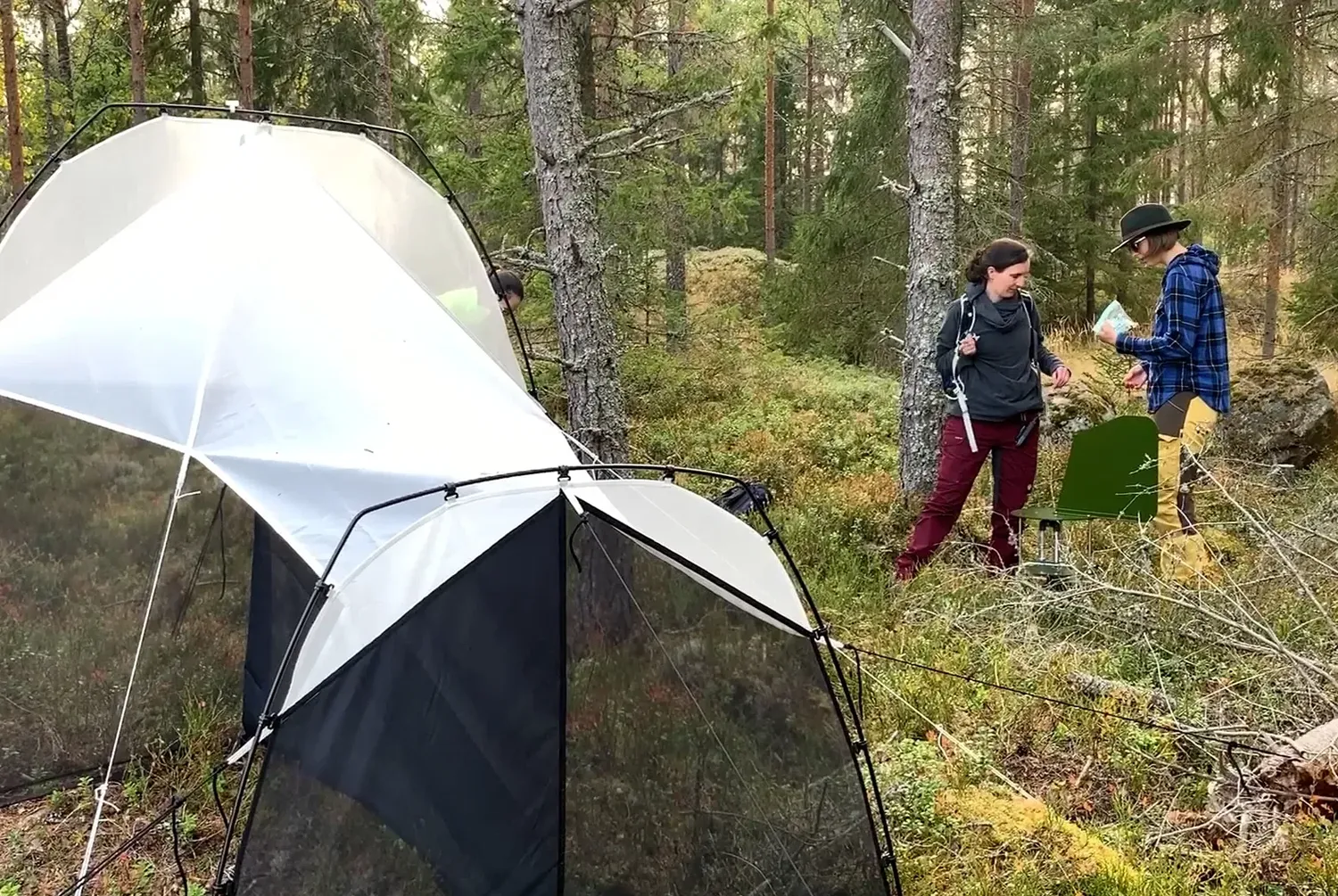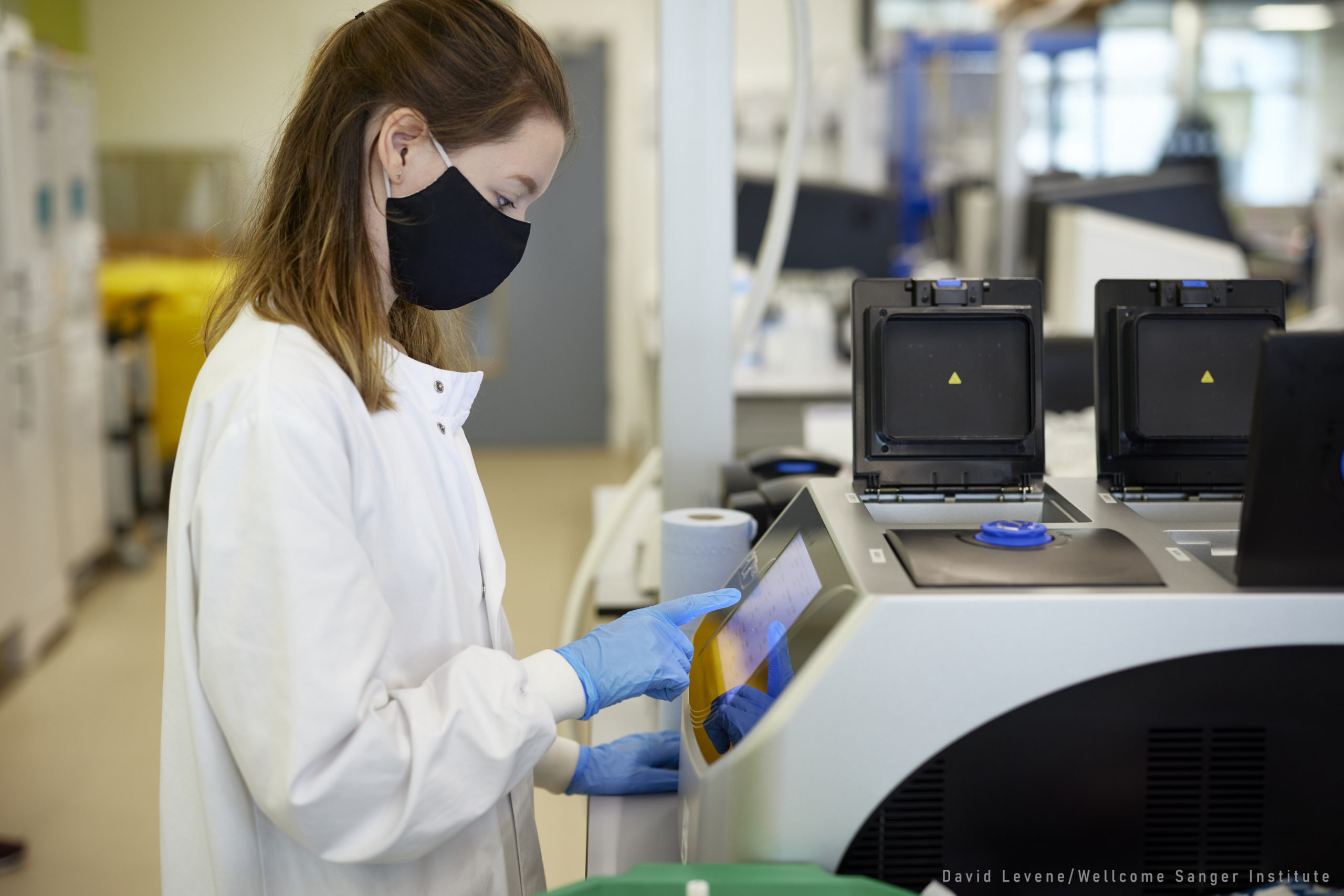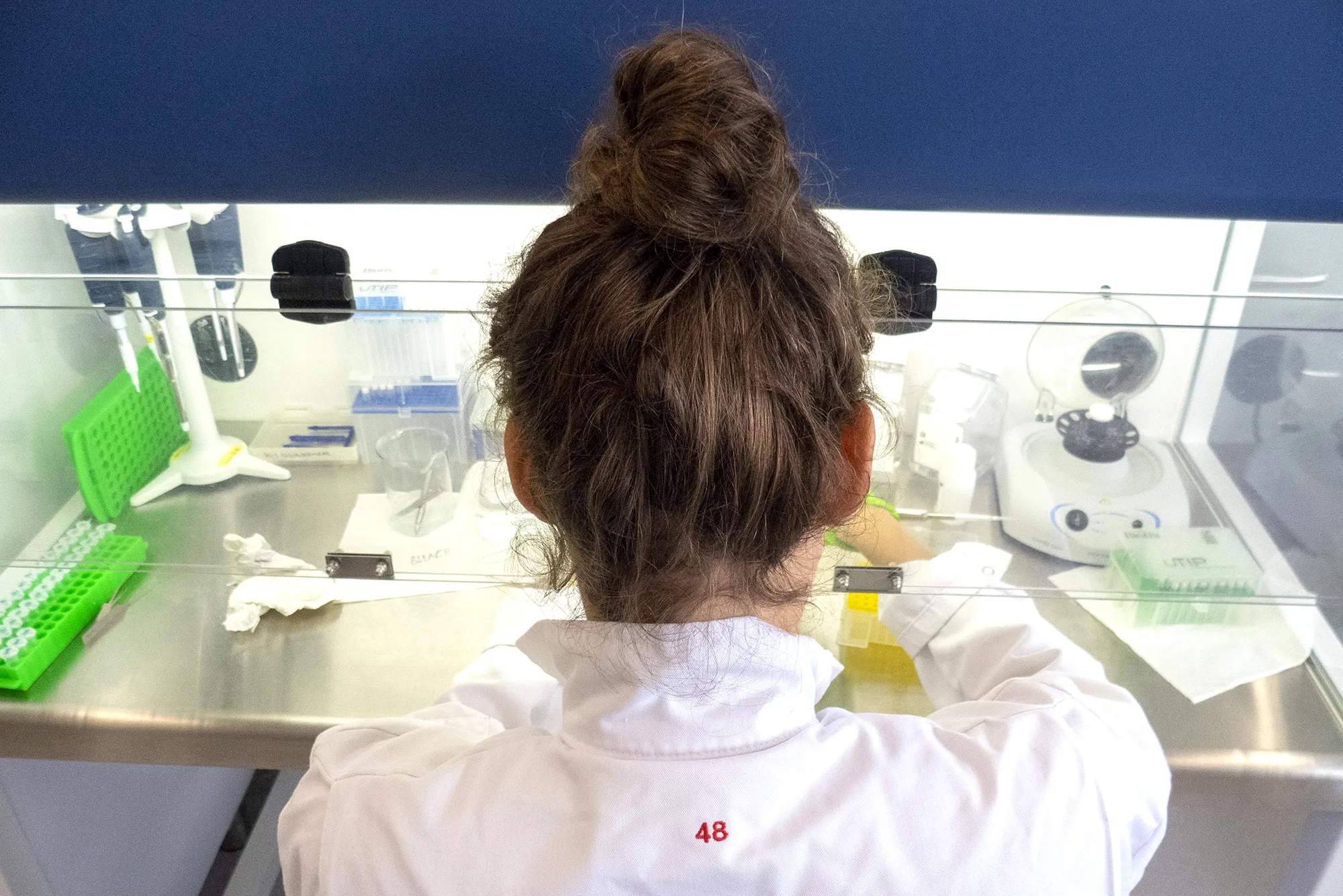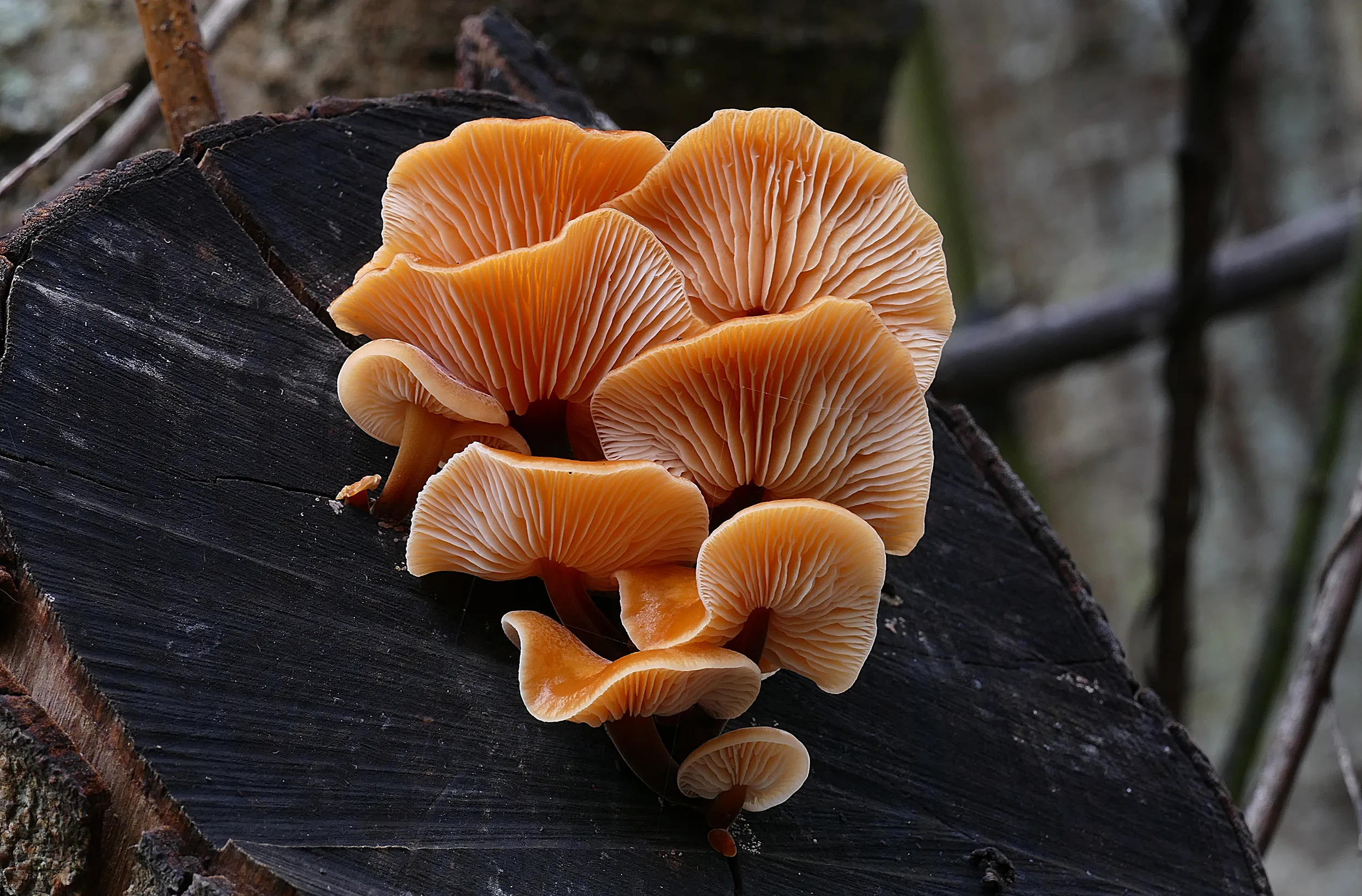Anchored on high quality reference genomes, genome applications respond to matters of biodiversity concern, related conservation, bioeconomy and disease. Application development implies engagement of concerned stakeholders, which maximises applicability, and is supported by our networking activities, linked to the ERGA Data Analysis Committee. Fundamental to this development activity, has been a thorough literature review, in which we have revealed gaps for the implementation of genomic analyses in biodiversity applications toolkits, and barriers for stakeholder engagement.
“Our application activities showcase that reference genomes are key components of biodiversity research, conservation efforts and bioeconomy, using case studies connected by activities that maximise the applicability of reference genomes and the link with relevant stakeholders.”
We are creating a curated European DNA barcode reference library for key taxa, drawing upon the expertise of professional curators and amateur natural historians across the continent. Collectively this is delivering both a scalable barcoding curatorial process and tightly curated European reference libraries for pollinators and key indicator species for freshwater and marine biomonitoring. BGE is also working with existing European biomonitoring initiatives to pilot the use of metabarcoding to evaluate and monitor species diversity and community composition across a diverse set of key case studies: pollinators, soil fungi and invertebrates at ecological restoration sites, invertebrates at agricultural intensification sites, climate change impacts on mountain communities, and invasive marine species in harbours. Together, we are developing a practical toolkit of standardised approaches to DNA-based biomonitoring.
“Both the curation of barcode reference libraries for Europe, and the implementation of metabarcoding across different axes of variation that are relevant for the monitoring and management of European biodiversity, is creating a needed framework to facilitate harmonisation and implementation at scale”








